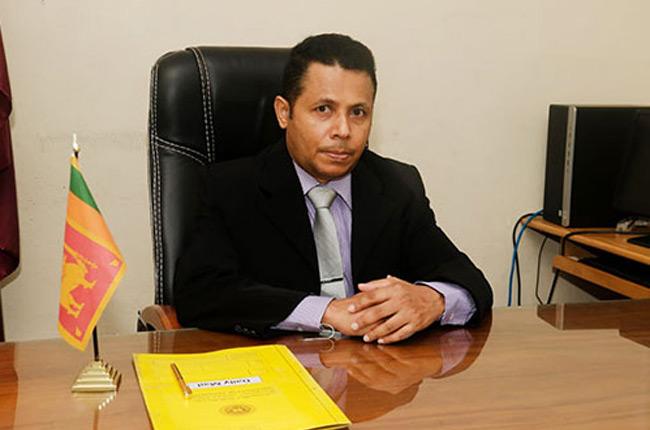
Although policy decisions had been made on several occasions, to avoid using polythene on behalf of safeguarding the environment, as of now about one million to 1.5 million lunch sheets are being added daily to the soil of this country, Peradeniya University’s Deputy Vice Chancellor Prof. Terrence Madujith said.
He made this comment at the inaugural function of the International Conference of the Center for Environmental Sustainability of the Peradeniya University which is organized every once in two years. This time’s conference had been organized under the theme,‘Exploring environmental management for sustainability in the face of climate change.’
The professor also said that Sri Lanka is at the forefront in making policy decisions to protect the environment, but is at a very weak level in implementing them.
The Deputy Vice-Chancellor said that when a policy decision is taken to ban a certain product, we as a country are lagging behind in introducing alternatives for it and due to this various problems arise in the implementation of the relevant policy decision.
Eventhough policy decisions were made in 2017 and 2021 to ban disposable polythene and plastics, he emphasized that even today it is not being implemented at the intended levels. Sale of lunch sheets of less than 20 Microns has been banned, he said that even today it is possible to purchase lunch sheets from the market as per one’s requirement.
The professor who said that it is important to make them a reality on earth, when making policy decisions, also mentioned that once these lunch sheets get mixed with the soil, they take about 100 to 200 years to decay. Prof.Madujith said further that these lunch sheets become micro plastics and get mixed with water sources and that it is a very dangerous situation.
Speaking further he said that eventhough air pollution is talked about in India and China such a dialogue does not prevail in Sri Lanka and this air pollution is clearly seen in this country as well.
Prof. Madujith said that it is still not possible to make an assessment regarding the devastation caused by the fire on the X-Press Pearl ship, in the Sri Lankan ocean region.
He also said that Sri Lanka has the 27th highest population density among about 200 countries in the world. The Professor stated that the use of asbestos has been banned in developed countries and Sri Lanka is also focusing on banning it, but due to various reasons those decisions are not being implemented.
